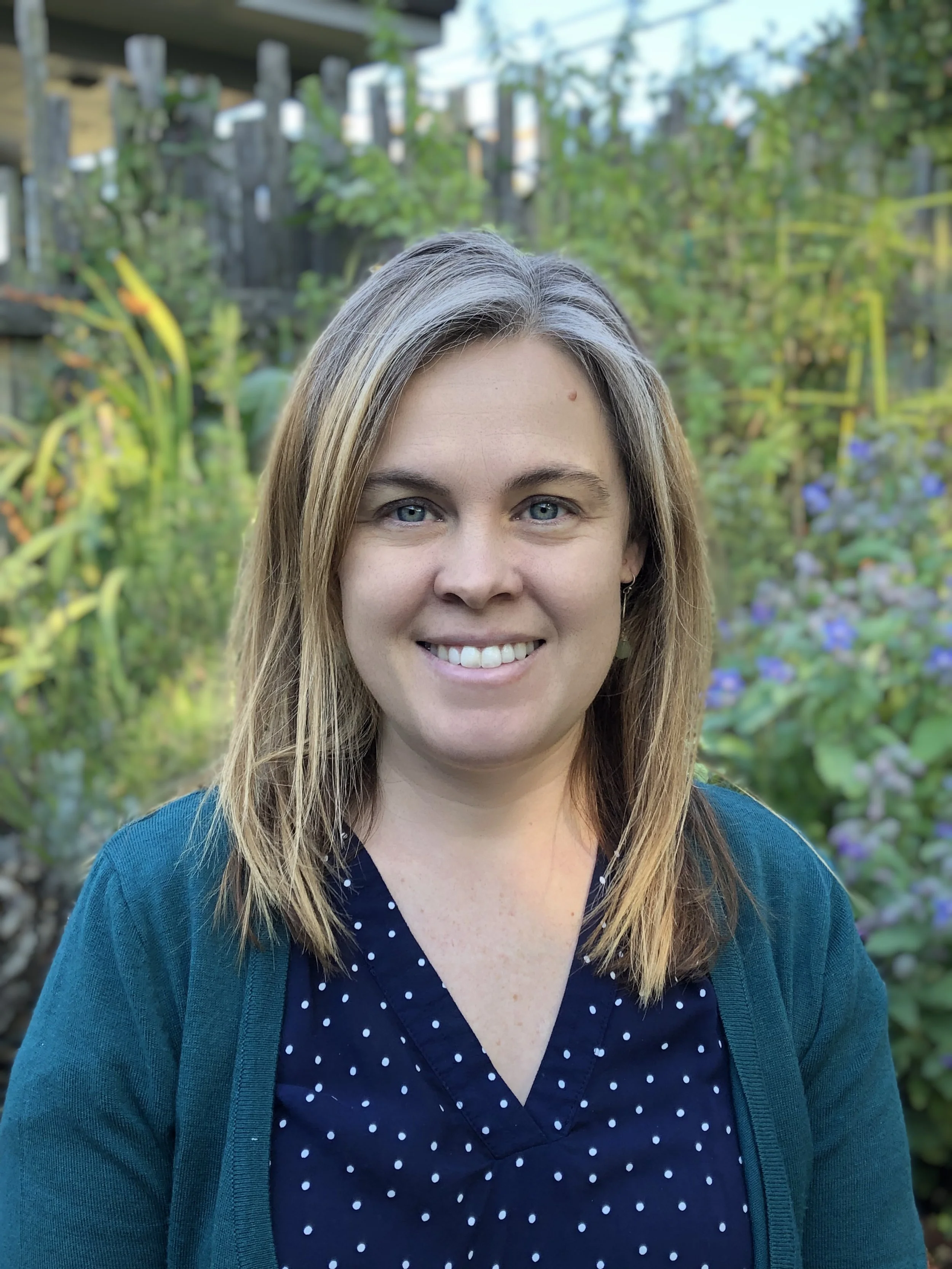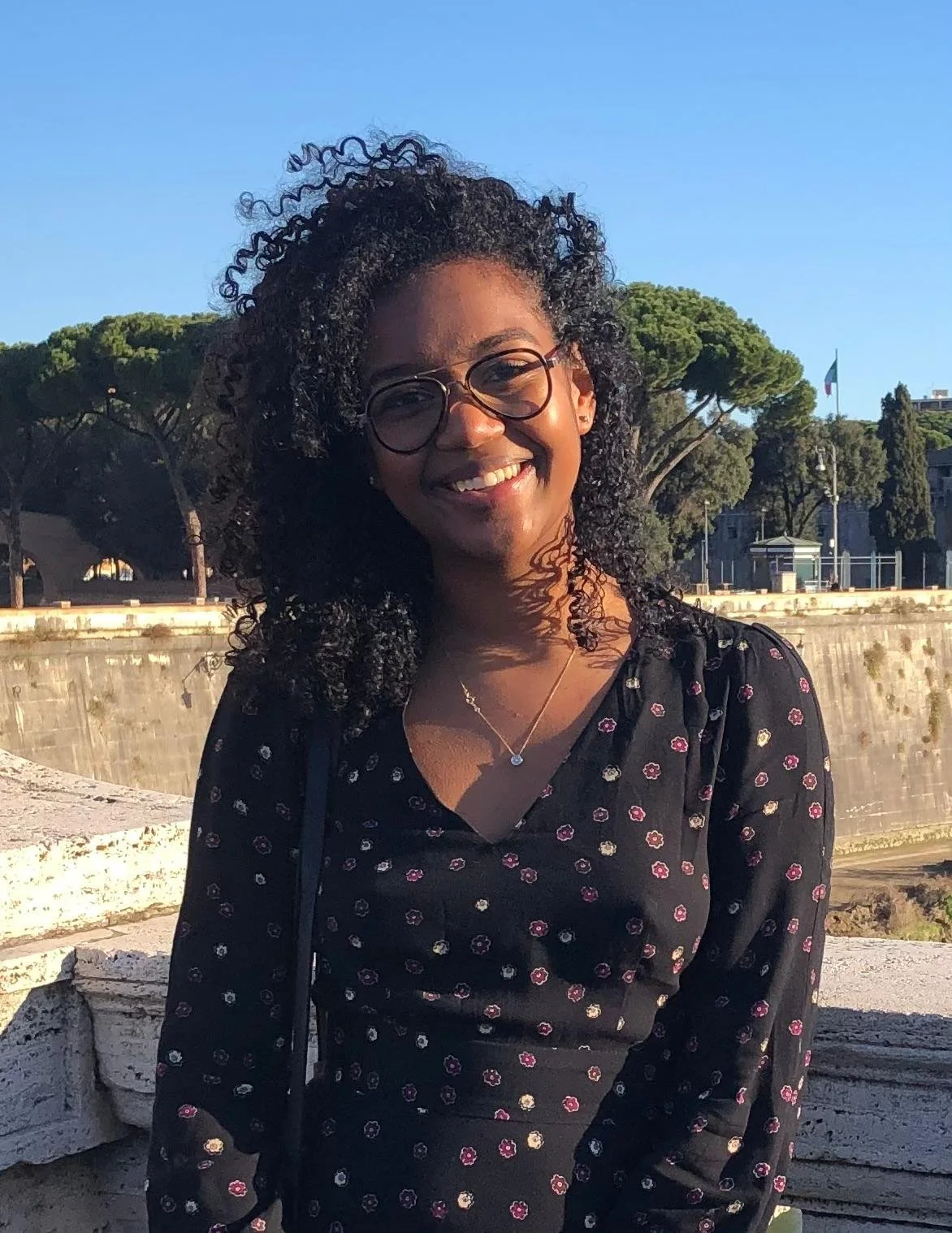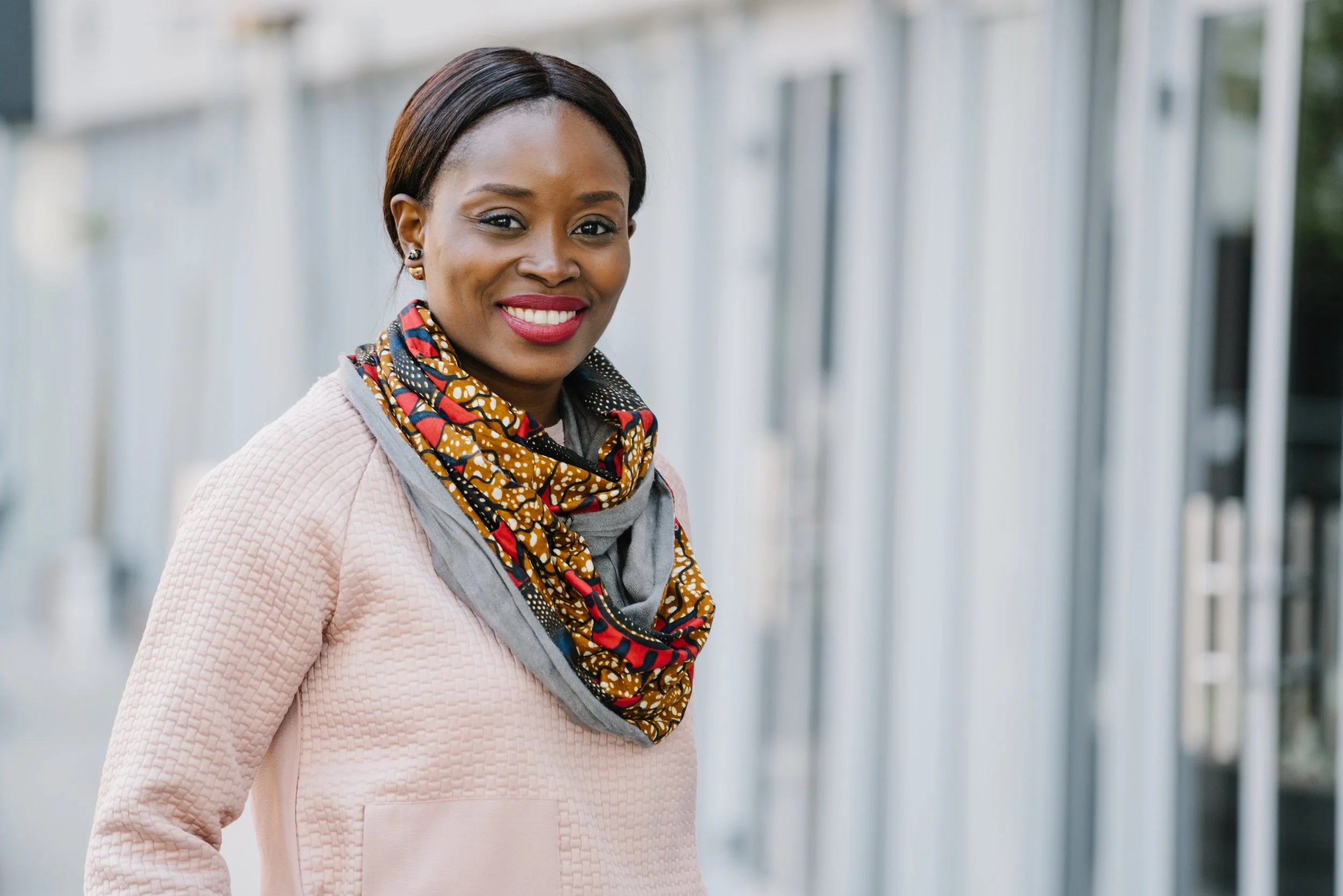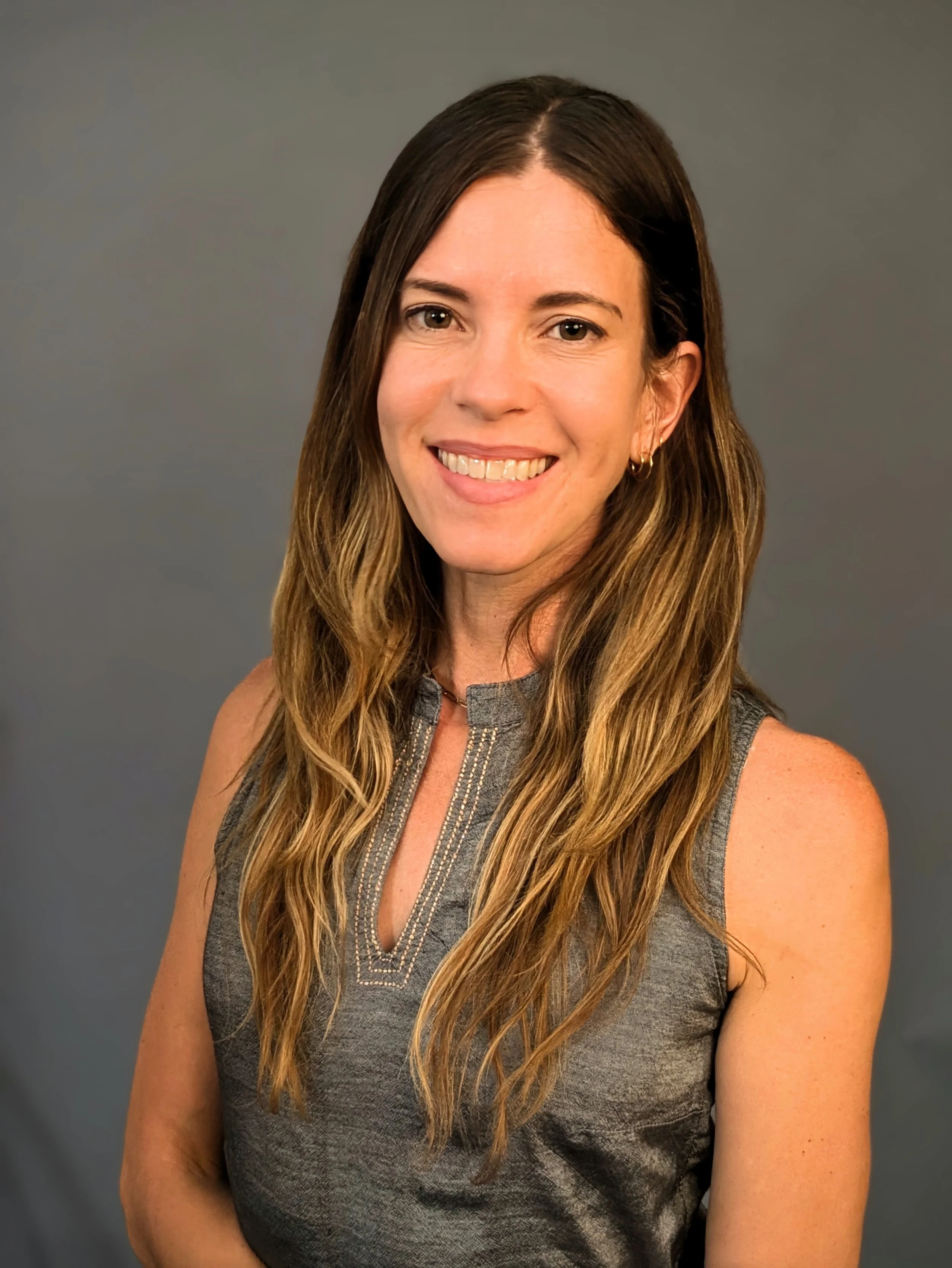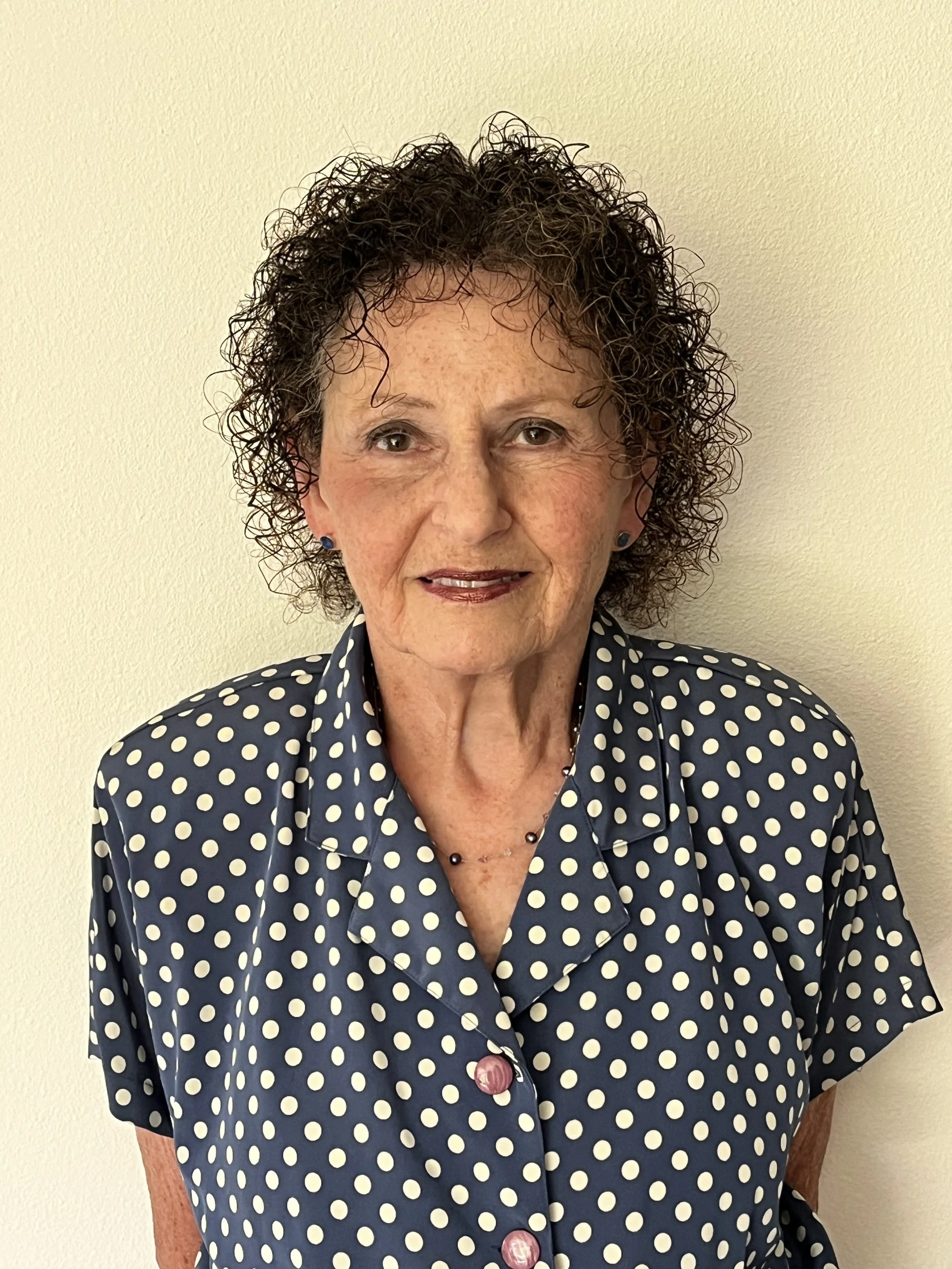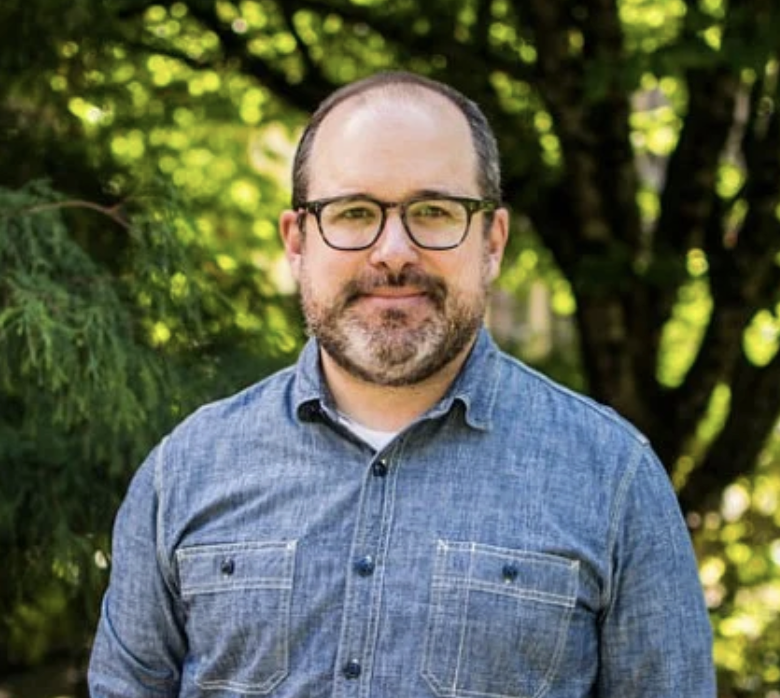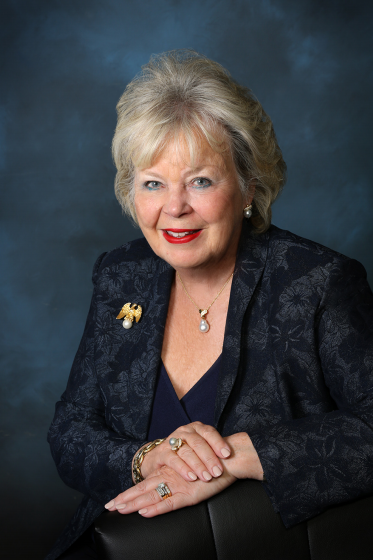
Our Mission
PAEMA's mission is to support communities in conflict-affected regions to prevent and end mass atrocities, pursue justice, and build foundations for sustainable peace. We work at the intersection between local communities and international stakeholders to ensure that those directly affected by conflict are also directly involved in developing strategies and solutions for lasting change.
Where We Work
PAEMA is a US-based organization working with communities in Sudan, the Democratic Republic of Congo, Burma (Myanmar), and Rohingya refugees in Bangladesh.
How We Got Started
PAEMA was established in December 2023, but its roots go back nearly 16 years to the formation of the Never Again Coalition (NAC). NAC began as a grassroots organization in Portland, Oregon, dedicated to responding to the genocide in Darfur. It brought together various local committees to advocate for ending the genocide and supporting justice and accountability for the affected people. Operating under a fiscal sponsor, the group worked at local, national, and international levels to raise awareness and influence policy. NAC’s mission is to prevent and end genocide and mass atrocities through awareness, advocacy, and partnership.
As NAC's efforts grew, the organization began collaborating with groups in other regions of Sudan and the Darfur refugee community in eastern Chad. They expanded their focus to include raising awareness about the conflict in the eastern Democratic Republic of Congo, where an International Rescue Committee study revealed that more than 5.4 million people had died between 1998 and 2007. In 2017, after military operations against the Rohingya people in Rakhine State, Burma, NAC added the Rohingya crisis to its areas of concern.
Recognizing the need to broaden and enhance their efforts, NAC's leadership founded PAEMA as a 501c3 nonprofit in December 2023 to continue and expand this vital work.
The Way We Operate
PAEMA is dedicated to working in partnership with communities in our countries of focus - Sudan, the Democratic Republic of Congo, and Burma - until the day that the risk of atrocities ceases. This means we don’t jump to a new crisis when it occurs. Maintaining our engagement with communities through cycles of violence allows us to build relationships of mutual respect and trust over many years.
We know that conflict-affected communities are the greatest experts in finding sustainable solutions to end ongoing violence and atrocity prevention. But they shouldn’t have to do this work alone. Collaboration is key to finding sustainable solutions to these ongoing problems.
Communities experiencing conflict are often sidelined within decision-making processes that deeply impact their lives. When they are consulted for information, this is often done in an extractive way by international stakeholders. At PAEMA: We work to shift power back to communities affected by violence and tackle structural obstacles.
We actively work to include violence-affected communities in international policy and advocacy spaces by providing training that equips community members to engage with policymakers directly.
We participate in and build coalitions and working groups to take collective action in support of local efforts. Through our long-term engagement with communities, we bring a strong understanding of historical and socio-political contexts to these collaborations.
We believe that our approach to collaborating with impacted communities and coordinating with other organizations allows us to play a role in creating effective and lasting change.
All of this is central to our mission.
The Heart of What We Do
In the twenty years since the start of the Darfur genocide, we have seen international attention shift from an overwhelming outpouring to being virtually non-existent. When the resources dried up, aid agencies left but that didn’t mean that conflict and the risk of atrocities had resolved.
Time and again, international organizations parachute into crises but stop paying as much attention when the next global crisis emerges.
This is why we believe that it’s essential to support local communities to be seen as the key to unlocking solutions to prevent and mitigate conflict – because even when international attention shifts, these communities remain more motivated to end violence, rebuild community, and establish options for peace, justice, and accountability than those directly impacted by atrocities. This requires sustainable resourcing of local initiatives so they can adapt to constantly changing conflict environments. When local communities are at the table, they can keep donors and policymakers informed and put forward impactful solutions that will lead to overcoming crises.





